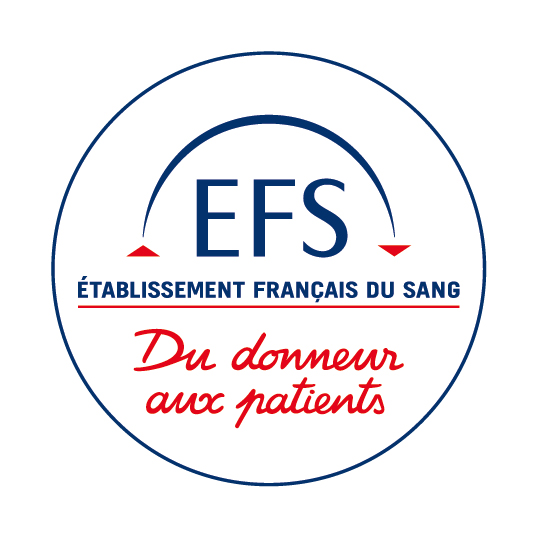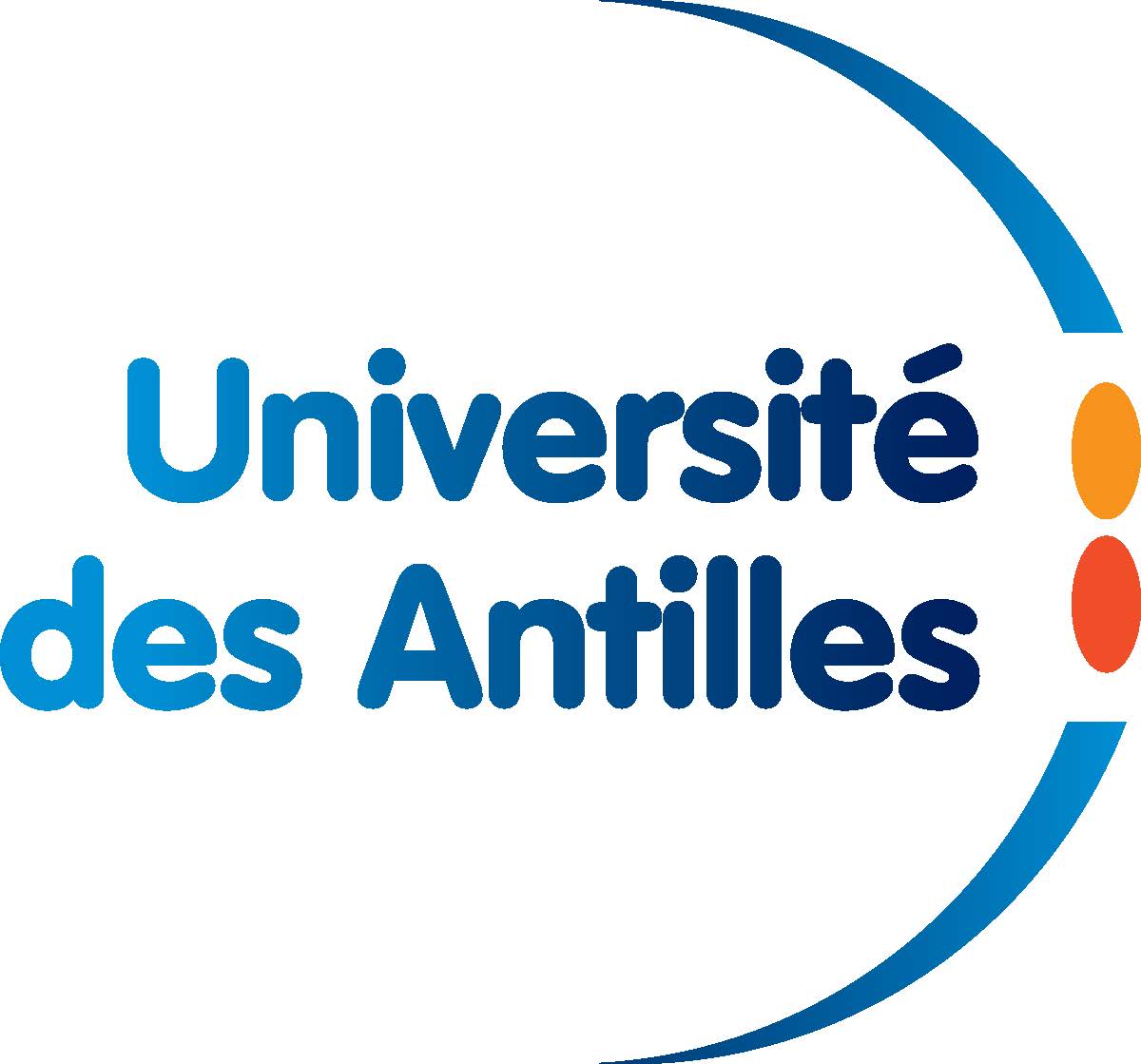Management of neonates exposed prenatally to opioids: Impact of a developmental care program implementation
Predictors of pain during phacoemulsification under local sedation: A multicentric study.
Résumé
Background
Traditional approaches to management of neonates prenatally exposed to opioids are based on the use of pharmacotherapy (PT), adjusted to evolution of infant symptoms. Newer approaches focused on non-pharmacological care (NPC) are emerging, but there is little evidence on the active policies to implement to ensure their widespread practice. The primary objective of the study was to assess whether the implementation of a developmental care program in our neonatal medicine department had an impact on the management of these infants during hospitalization, notably exposure to NPC.
Method
Observational study in a tertiary perinatal center. Data collected during hospitalization for infants with in utero opioid exposure included admission in the parents-infant unit (PIU) of the maternity ward, exposure to NPC and PT, occurrence of neonatal opioid withdrawal syndrome (NOWS), length of hospital stay (LOS) and feeding type at discharge. The impact of the intervention was measured by comparing three 6-year periods, the first preceding the implementation of a formalized developmental care program (2003–2008); the second following implementation of the program (2009–2014); the third after consolidation of the program (2015–2020).
Results
258 infants prenatally exposed to opioid were recorded. From the first to the third period, admission rate in the PIU was comparable (68 % to 73 %, p = 0. 95). Exposure to NPC (37 % to 84 %, p < 0.001) increased, whereas exposure to PT (40 % to 15 %, p = 0.002) and LOS (13 [9–18] days to 8 [6–11] days, p = 0.003) decreased. NOWS occurred in 141 (55 %) infants (63 % to 47 %, p = 0.10). In these infants, decrease in PT was also observed (64 % to 34 %, p = 0.02). After adjustment for perinatal confounders, hospitalization in the PIU (OR 3.23 [1.36; 7.66]; p = 0.008), and the 2015–2020 period (OR 5.11 [2.06; 12.64]; p = 0.004) were associated with absence of PT.
Conclusions
An active policy, supporting the training and warranting the practice of NPC, is essential to reduce medication usage and length of hospitalization in infants exposed in utero to opioids.
| Origine | Fichiers produits par l'(les) auteur(s) |
|---|




